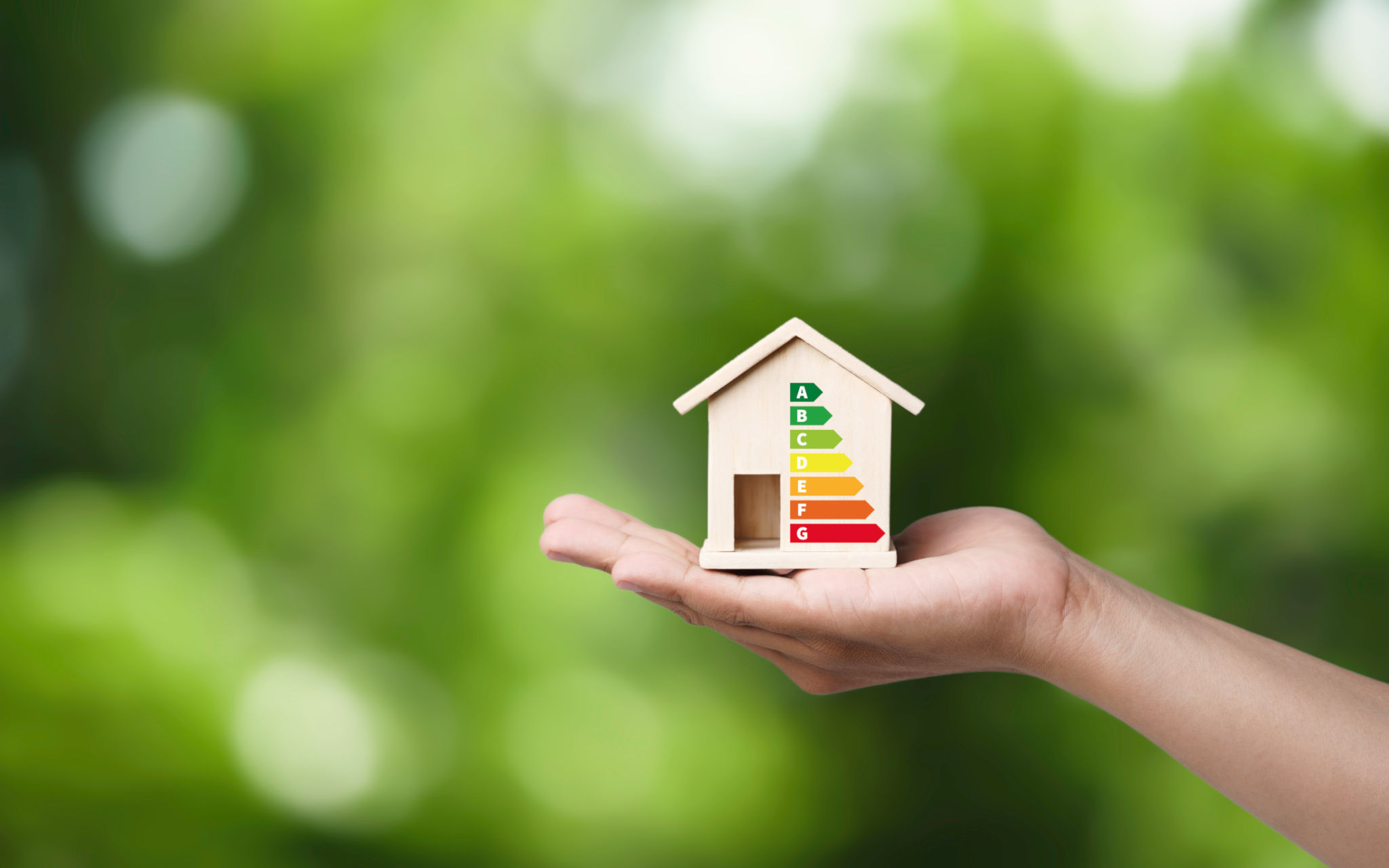Expert Insights: How Energy Assessments Improve Property Value
Understanding Energy Assessments
Energy assessments, also known as energy audits, play a crucial role in determining a property's energy efficiency. By evaluating various factors such as insulation, HVAC systems, and appliance efficiency, these assessments provide a comprehensive overview of how energy is consumed within a property. This information is invaluable for homeowners looking to improve their property's energy performance.
With growing environmental concerns and rising energy costs, energy efficiency has become a key selling point in the real estate market. As such, energy assessments are becoming increasingly popular among property owners and prospective buyers alike.

Boosting Property Value through Energy Efficiency
One of the primary benefits of conducting an energy assessment is its potential to increase a property's value. Homes with high energy efficiency ratings tend to attract more buyers and sell at higher prices. This is because energy-efficient properties promise reduced utility bills and a smaller carbon footprint, which are appealing to environmentally conscious buyers.
Moreover, making energy-efficient upgrades based on an assessment's recommendations can further enhance a property's appeal. Simple changes such as upgrading insulation or installing energy-efficient appliances can result in significant savings and increased comfort for residents.
The Financial Advantages
Investing in energy-efficient improvements not only boosts property value but also provides long-term financial benefits. Homeowners can enjoy reduced energy bills, sometimes by as much as 30%, depending on the upgrades made. Additionally, many governments offer incentives and rebates for energy-efficient improvements, making it financially advantageous for homeowners to invest in these upgrades.

Expert Insights on Making the Right Improvements
Experts recommend prioritizing improvements that offer the best return on investment. Common recommendations include upgrading insulation, sealing air leaks, replacing old windows, and installing modern HVAC systems. These changes not only enhance energy efficiency but also contribute to a more comfortable living environment.
Furthermore, experts suggest that homeowners should look for an accredited professional to conduct the energy assessment. Certified professionals adhere to recognized standards and provide reliable recommendations tailored to the specific needs of the property.
The Role of Smart Technology
Incorporating smart technology into your home can significantly enhance its energy efficiency. Smart thermostats, lighting systems, and appliances allow for better control over energy consumption, often leading to substantial savings. These technologies can be integrated into existing systems, making them a convenient option for homeowners looking to improve efficiency without a complete overhaul.

Long-term Benefits for Homeowners
Beyond financial savings and increased property value, energy-efficient homes offer long-term benefits such as improved indoor air quality and comfort. By maintaining consistent temperatures and reducing drafts, these homes provide a healthier living environment for their occupants.
Energy assessments are an essential tool for homeowners seeking to make informed decisions about improving their property's value and sustainability. As awareness around energy efficiency continues to grow, the demand for homes that prioritize these features is likely to increase.
Conclusion
In conclusion, energy assessments are an effective way to enhance property value while promoting environmental sustainability. By identifying areas for improvement and making targeted upgrades, homeowners can enjoy both immediate and long-term benefits. As more buyers prioritize energy efficiency in their purchasing decisions, investing in an energy assessment can be a strategic move to ensure your property stands out in the competitive real estate market.